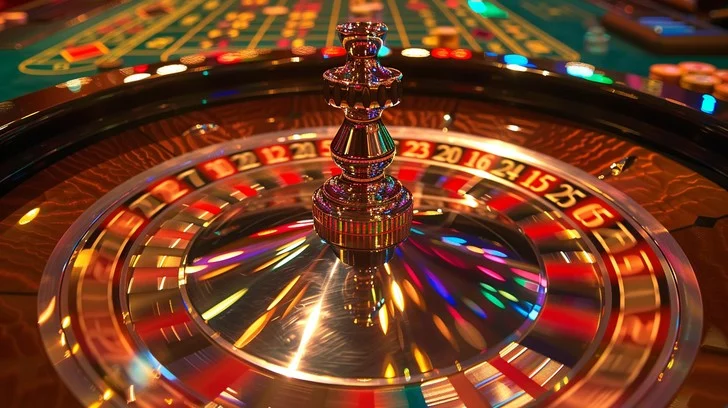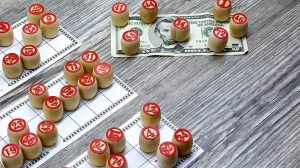
The Top 5 Methods for Predicting Roulette Wheel Spins
Roulette may be a game of chance, but with these strategies in place you can increase your odds of success at this casino game.
Players often study the results of several spins to discern which numbers come up more frequently; however, such trends cannot predict future outcomes as each number’s likelihood remains constant.
1. Ball Speed
Use this technique to anticipate where the ball will land on a roulette wheel. Search for “dominant diamonds”, pockets where the ball hits more often, and deflectors that change its trajectory.
Although these factors are beneficial, it’s important to keep in mind that gambling still contains too much randomness for this method to work reliably. Still, it might be worth giving it a shot if you have both time and money available; just prepare for lots of practice as timing the speed of both wheel and ball takes several spins before any results become evident; in addition, having good hand eye coordination will also be key in being precise with accuracy.
2. Sector Slicing
Sectors are mathematical concepts used to divide circular regions. Calculated by dividing the radius by the length of its arc, sectors are commonly employed for data analysis applications such as pie charts.
Some players claim they can predict where a dealer’s ball will land on a roulette wheel using “sector slicing,” by watching their movements and noting any patterns in them. But this method requires meticulous record-keeping and analysis in order to spot trends and predict outcomes accurately.
No matter the apparent patterns, it is crucial to keep in mind that roulette is a game of chance and that each spin’s outcome can only ever be predicted randomly. While the gambler’s fallacy exists, eliminating house edge or guaranteeing consistent wins cannot be achieved through manipulation alone.
3. Wheel Bias
Roulette wheels, like any mechanical device, may exhibit biases that manifest themselves as pockets or sectors winning more frequently than expected if the wheel were entirely fair. By finding patterns like this you can place bets that aren’t entirely random.
One method for testing wheel bias involves keeping track of how often each number appears. Unfortunately, this requires many observations and may not always provide an accurate reflection as numbers in flux may render any suspected bias superficial or short lived.
An alternative method of detecting biased wheels is using a chi-squared test, although this requires using much smaller sample size but may provide more accurate results.
4. Random Number Generator
Random Number Generators (RNGs) are software used in online roulette to ensure each spin of the wheel has an equal chance at producing any outcome. As human brains cannot produce random digits on their own, RNGs are relied upon – they run continuously without interruption and cannot be altered or corrupted by interference from any source.
Though unlikely, there are ways in which players could take advantage of a PRNG. All PRNGs have periods and eventually repeat themselves; therefore a patient player could observe patterns on a particular wheel to detect when numbers begin recurrence and predict where the ball will land from there. Casinos regularly undergo third-party testing to ensure they possess genuine Random Number Generators for fair gaming experience.
5. Odds
As roulette is a game of chance, no one can predict its outcomes with any certainty; that is why casinos work tirelessly to ensure their wheels are balanced and free from bias.
Players often attempt to identify patterns by tracking the results of previous spins. This may lead them to betting on numbers which have appeared frequently (hot numbers) or not appeared recently (cold numbers).
Others attempt to overcome the house edge using betting systems like Martingale and Fibonacci, though their chances of success depend on being able to track the wheel with incredible precision – something only rare players have done successfully due to psychological tricks like Gambler’s Fallacy or other psychological biases. Therefore, probability-driven thinking should always be used when playing roulette.


